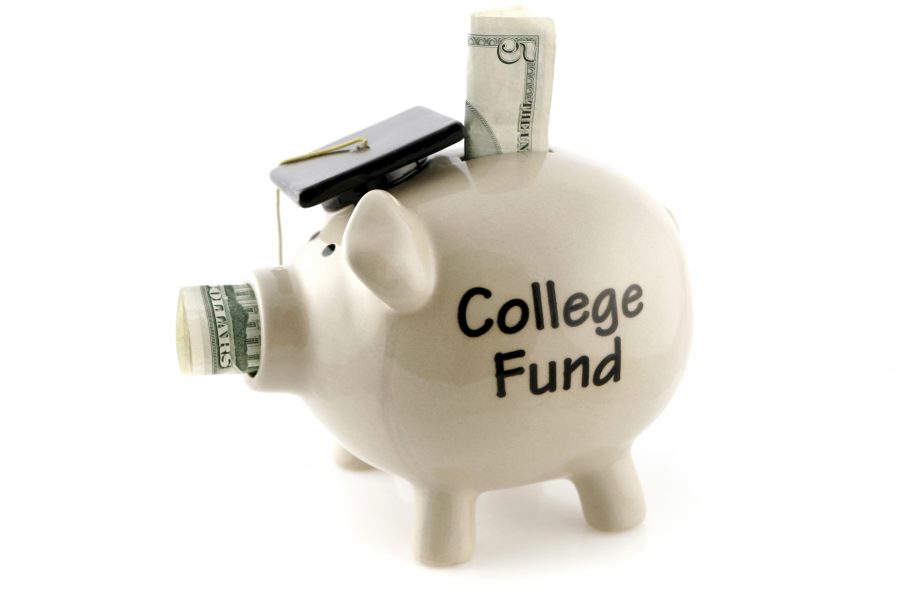The cost of college has increased immensely since 1970. Personally looking at colleges for next fall has shown me how incredibly expensive higher education is. Many can only attend college with the assistance of student loans.
Millions of Americans are graduating with a large amount of student debt. Americans owe nearly 1.3 trillion dollars in student debt alone. Sixty-six percent of Americans have student debt when they graduate from a public college, and this statistic does not include private universities, which are often more expensive than public universities. According to Student Loan Hero (a website that helps students organize, manage, and pay off student loans), the average debt when graduating college with a 4-year bachelor degree is $25,550. This is before interest. There is also an 11.1% delinquency rate on student loans. This means 11.1% of Americans with student loans make late payments, or cannot pay back loans in time. The number of students graduating with debt is also rising. 1.3 million Americans had student debt after graduating in 2012, compared to 1.1 million in 2008.
Another major issue is that the cost of higher education is rising faster than inflation rates. Inflation rates are the rate at which prices of goods and services are increasing. One major argument justifying the high cost of college is inflation, because if other goods and services are increasing in price, so should college tuition. However, tuition prices are rising faster than inflation, which means that the real cost of college increases every year. According to the Times Newspaper, from 2014-2015 the cost of a public university tuition, on average, rose 3%, while inflation virtually remained the same. Even while taking types of financial aid into account like grants and scholarships that the average student will receive, the total cost of attending a public university rose 3.2% in that same year from 2014-2015.
Overall, inflation rates have been lower than the rising cost of college since 1970, which means that people have been paying more for college than ever before, even taking into account rising prices of goods and services. Economic theory also suggests that if college prices keep rising at this rate, eventually students will not be able to afford higher education because it will become too ridiculously high that the return on investment will be much lower than the price of a college degree.
Taking all of these facts and statistics into account, you can form your own opinion of whether college should be more affordable. Also, students will always have free resources to help with affording college. For more information, on resources available to students, visit the counseling center or look at the online oracle for articles regarding student aid help. Regardless, it seems that there is no end in sight for the rising costs.



